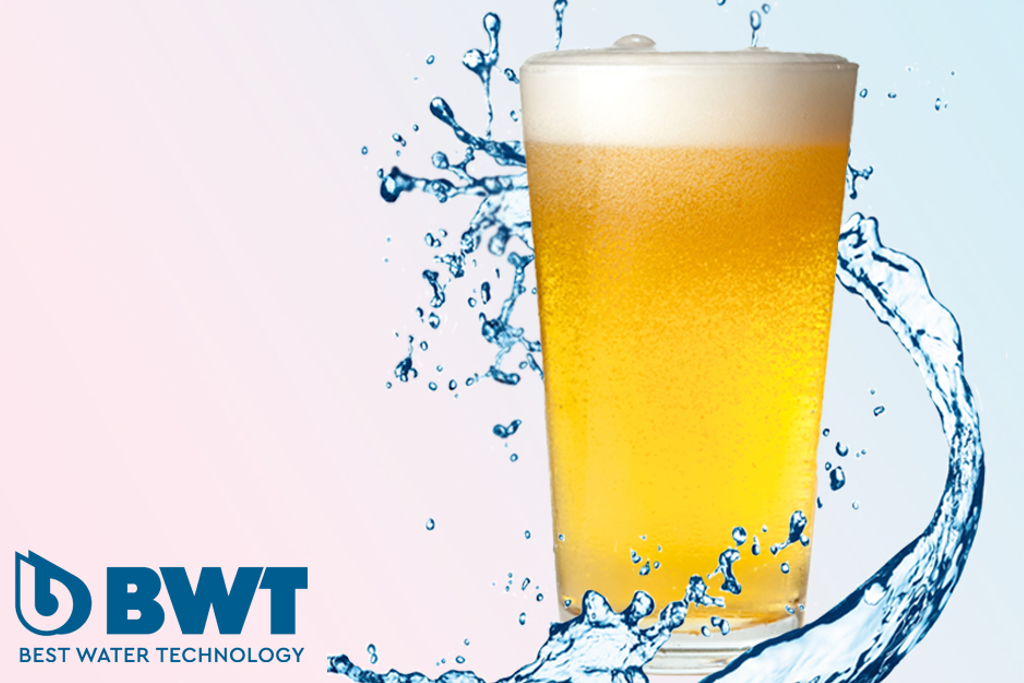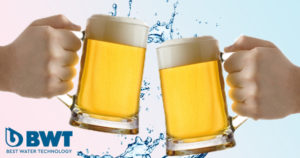Your basket is currently empty!

Water is considered by many brewers to be the most important ingredient in beer. In fact it takes 90 litres of water to make one pint of beer. However the type of water used also imparts other characteristics that give the beer its distinct taste.
The history of beer
First a little about the history of beer. People have been brewing and drinking beer for thousands of years. There have been jars found in Iran which contained beer and date to around 5000 BC. The technology and knowledge of brewing spread throughout the ancient world reaching Western Europe around 3000 BC. Ancient beer was not much like the beverage we enjoy today being more like gruel or porridge in consistency. Despite its thickness it proved a popular beverage. During the construction of the Great Pyramid of Giza each worker received a daily ration of 4 litres of beer. 2500 years later the Roman soldiers at Vindolanda on Hadrian’s Wall were enjoying beer. A preserved letter reveals a request for more beer be sent as they had already drunk all their stock.
In Medieval Britain beer was consumed on a daily basis by peasant and king alike. Until the 1300s beer was mostly brewed in domestic settings for personal use. However in the 14th and 15th centuries pubs and monasteries began brewing beer for mass consumption. In the 1400s hops began to be added to beer but this did not become commonplace until the 1500s. In the 1700s the process of brewing became industrialised and large breweries were established. One of the most important things that dictated the location of a brewery was water supply. The type of water also influenced the type of beer brewed due to its different characteristics.
How does water effect Beer?
What gives the water its different characteristics though? The answer is geology. In areas where the underlying geology is comprised of minerals like limestone and chalk the water is harder. This gives the water greater alkalinity and a higher pH. Unfortunately yeast doesn’t like high alkalinity however the addition of roasted barley lowers the pH. This produces a dark beer and was typical of locations like London and Dublin. Where water is naturally softer lagers and pilsners tend to be produced, such as was the case in the Czech Republic.
Brewers can of course adjust the chemistry of their water to create different flavours. For example adding calcium sulfate can make a beer drier and crisper. A deep understanding of the type of water available allows Brewers to create a variety of different beers.
So whatever your favourite pint is raise a glass and enjoy.

Cheers!
Remember to always drink responsibly and stay hydrated with Magnesium Mineralized Water.
BWT Water Treatment for Building & Industry
